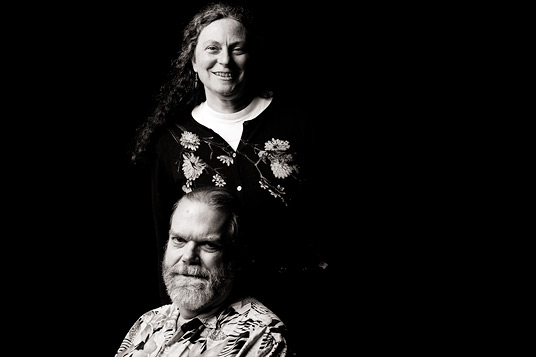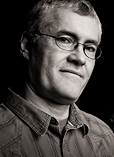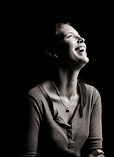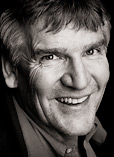
Laura Busby & George Gilchrist
Everything and everyone
THEMES: Challenges & Opportunities, Definitions | WORKSHOP: Synthesis
Biographies
Laura Busby
As program director at North Cascades Institute, Laura provides vision and leadership for programs at the Environmental Learning Center and adult programs in the field. She has diverse experiences in environmental education that span over 30 years. She has dissected rhino manure with 6th graders, partnered Roots & Shoots groups in the U.S. with ones in Tanzania, developed the plan for a new urban nature center, mist netted bats in Belize, and lots of other fun endeavors. She got her B.S. from the University of Minnesota, College of Education in Recreation, Parks and Leisure and an MEn in Environmental Science from the Institute of Environmental Science at Miami University.Conversations:
Workshops:
George Gilchrist
George is a permanent program director in the Evolutionary Processes cluster of the Division of Environmental Biology at the National Science Foundation, and an emeritus associate professor at the College of William and Mary. He has studied how organisms adapt to changing climates for over 20 years using a variety of laboratory, field, and theoretical approaches. Most of his research has been on drosophilids, which have a very little known natural history. He has also worked on butterflies and parasitoid wasps. The focus of his research is on contemporary evolution and his best known work, in collaboration with Ray Huey and Luis Serra, is on chromosomal and morphological evolution along latitudinal clines in the introduced North and South American populations of the European fruit fly, Drosophila melanogaster. George is an avid reader of natural history; favorites include Edwin Way Teale and Howard Ensign Evans.Conversations:
Workshops:
Transcript
George Gilchrist: Most of the life on the planet today could not live without much of the rest of life. If all the bacteria were dead tomorrow, we would be too. There's this web of interrelatedness that makes everything up, and I always think that's just really really cool. So, to me natural history has to include everything from molecules to the big world and how it's structured. Maybe it's so inclusive that it's not actually very interesting in and of itself.
Laura Busby: When I think about it from an educational angle, I think about what's the audience for natural history or people who would become natural historians or naturalists, and I think it's relevant to everyone. So that makes it challenging because when you're marketing something you never want to say, "Who's the audience for this? Well, it's everyone, it's the general public, it's the world," because you can never market to that audience. It's just too big.


